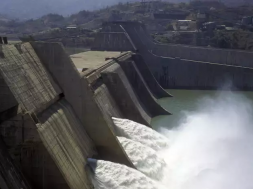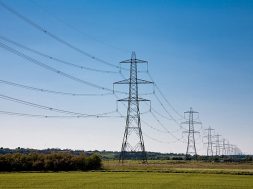
Volvo to use Tesla EV chargers as the fourth carmaker and the first European
Tesla’s electric-vehicle charging technology is being put on a fast track to become a North American standard, giving a further boost to the automaker’s plan to expand access to its once-exclusive chargers. Tesla’s charging technology has been gathering momentum for weeks. Volvo Car on Tuesday joined General Motors, Ford and Rivian in embracing Tesla’s charging design, shunning earlier efforts by the Biden administration to make the
Combined Charging System (CCS) the dominant charging standard in the United States.
SAE International aims to make an industry standard configuration of Tesla’s charging connector in six months or less, an official at the standards organization said on Tuesday.
He added that the association is holding conversations with Tesla, Ford, GM and other automakers as well as the federal government about NACS standardization
“There was a real, I think, common sense of urgency and purpose between industry and government,” Frank Menchaca, president of Sustainable Mobility Solutions at SAE International, told Reuters.
“The important thing to understand about this process is that it’s no longer controlled by one company. It’s really all companies coming together to
write a standard about how to develop for this plug.”
Tesla calls its technology “the North American Charging Standard (NACS),” but it has yet to be approved as a standard by SAE International.
Tesla shares were up 3% at $248.33 on Tuesday afternoon.
The United States is on track to install a network of 1.2 million electric-vehicle public chargers, including 1 million Level 2 chargers, by 2030, according to a study by the National Renewable Energy Laboratory (NREL), a federally funded research center. The study provided no breakdown of NACS and other types of connectors.
This projection exceeds the Biden administration’s goal to deploy 500,000 public chargers by 2030. Building out the public charging network will require between $33 billion and $55 billion of cumulative public and private capital investment, according to the NREL study.
The Biden administration’s approach to CCS and NACS connectors is facilitating “more interoperable, and ultimately a more accessible set of chargers across the country,”the White House national climate adviser, Ali Zaidi, told Reuters on Tuesday.
The White House has said electric-vehicle charging stations using Tesla-standard plugs would be eligible for billions of dollars in federal subsidies as long as they included the U.S. charging standard connection, CCS, as well.
The states of Texas and Washington have said they will mandate the NACS, along with CCS, as part of the federal program. It remains to be seen whether the federal government would follow suit.















